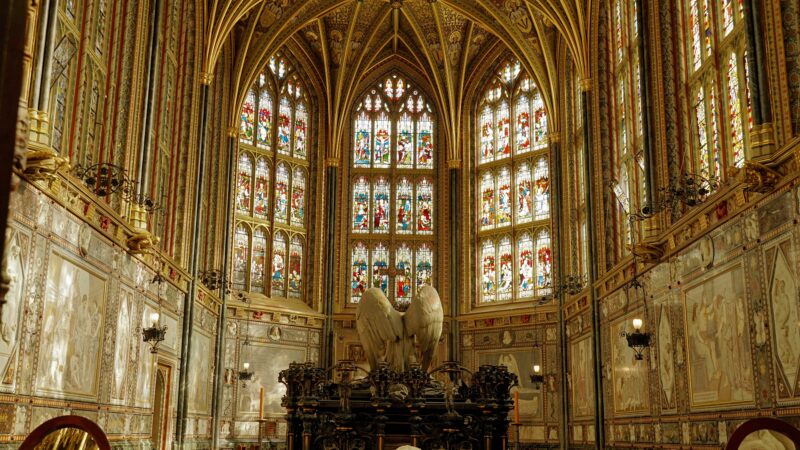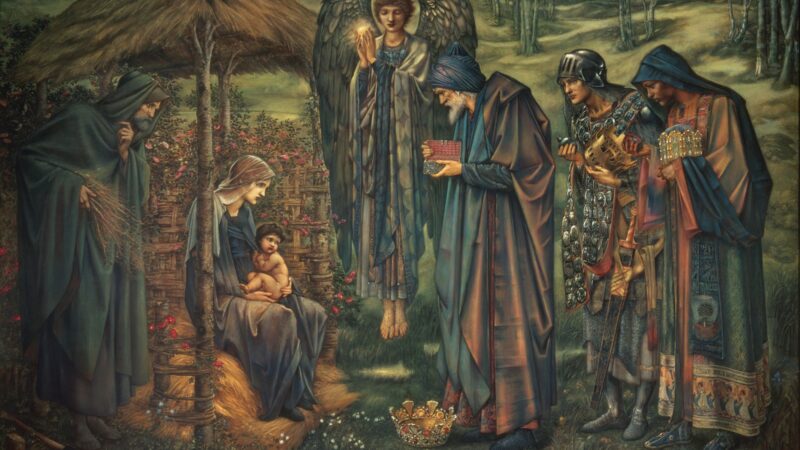As the crisis in the Ukraine drags itself on, it’s become quite clear that the Russian strategy from the start has not been conquest or even necessarily annexation, but a destabilisation campaign.
As I wrote earlier this year, Russia’s style of warfare is intended to displace populations and destroy civilian centres. Alongside this, Russia has claimed and supported the independence of the Luhansk and Donetsk regions, almost definitely to create a buffer region between Ukraine and Russia. Regardless, when I wrote that the next refugee crisis was brewing in the Ukraine, I actually underestimated the figures: I suggested that, of the roughly 30 million people in Ukraine who hate Putin, perhaps 1% (300,000) might leave; in reality, the figure is as much as ten times that.
Refugee crises are challenges, and almost always met badly. But, this was what Russia was counting on: by displacing so many people (intentionally – again, due to their style of warfare), forced to move into relatively benign nations, such as Poland, Hungary and (much less likely) Belarus, Russia has laid the foundations for a refugee crisis in Central and Western Europe. It is not necessarily the policies of the receiving countries that will make this a crisis, but the simple numbers – already over four million people have left Ukraine, most of them women and children.
Europe struggled to accommodate one million of the six and a half million Syrian refugees, but even the majority of these numbers arrived in Europe across a period of years, not weeks. This is the worst refugee crisis in Europe in living memory; and unfortunately, the vast majority of refugees are not going to be returning to the country they knew. If the pictures coming out of Ukraine are anything to go by, the level of urban destruction is consistent with both the style of warfare Russia executes, and that of the Second World War. As horrible as it may sound, there is every possibility the refugees will not have a home to return to.
And this goes deeper than a physical home; there may not be a recognisable ‘Ukraine’ at the end of this. It is absurd to think, despite the general consensus amongst the Western media, that Ukraine was without its problems before this war began, and many of them were over far-right groups active in the Azov region, such as the Azov Battalion. The prevalence of ultra-nationalist, and even active Nazis in some cases, in the Ukraine is something the West has sought to paper-over, and Putin has sought to exacerbate, but the honest truth is that this is a real and enduring problem for Ukrainian politicians. Some even compared the defensive war that Ukraine is fighting to the final days of the Third Reich and the Allied bombing campaign.
This has been going on for longer than we might want to admit. In 2018, the Kievan “National Militia” attacked local government meetings in order to strong-arm them into policies they favoured; in 2019, the Azov Battalion and other far-right groups (Dnipro-1 Battallion as well) carried out pogroms on minorities; and the ultra-nationalist party Svoboda – which has 15,000 members and has a parliamentary presence in the Verkohvna Rada – is regularly accused of neo-Nazi sympathies, not to mention the fact that Belitsky, leader of the Azovs, is a deputy in Ukraine’s parliament.
Russia’s campaign has made these internal divisions public knowledge; it is spurious to pretend that Russia’s ‘de-Nazification’ claims are accurate to the situation, but it cannot be ignored that there is a major presence of National Socialists in the Ukraine.
Why will Russia’s ‘special military campaign’ make this situation worse? Put simply, the immediate (and, it must be said, necessary) arming of civilians in order to fight the Russian invasion will have long, long term consequences. Whenever this war ends – which may be longer than we want to imagine – Ukraine will be facing the problem of what to do with a well-armed, combat-experienced, pissed off population. When the United States armed the Mujahideen in Afghanistan in the 1980s, it was seen as a necessary use of paramilitary forces to resist (again) Russian aggression. Now, Afghanistan is a mess of guerilla groups, Islamist fundamentalists and radical separatists. This whole situation was made worse by the
This problem extends to normal politics as well; Volodymyr Zelensky has dismantled the free press, claimed a conspiracy exists to oust him, and has outlawed the existence of eleven pro-Russian political parties, one of which had 10% of the Ukrainian parliament.
So, when the dust settles, Ukraine will have to contend with the reality of neo-Nazis with modern arms such as NLAWS, displaced and angry civilians with access to combat weaponry, and a gutting of as much as 10% of its population that is abroad with no home to return to.
Putin does not need to take Ukraine, or even necessarily enforce the independence of Luhansk and Donetsk. Instead, in many ways, he has done what he really needed to do; destabilise the West’s big player on its border, and likely the rest of Europe for a long time.



